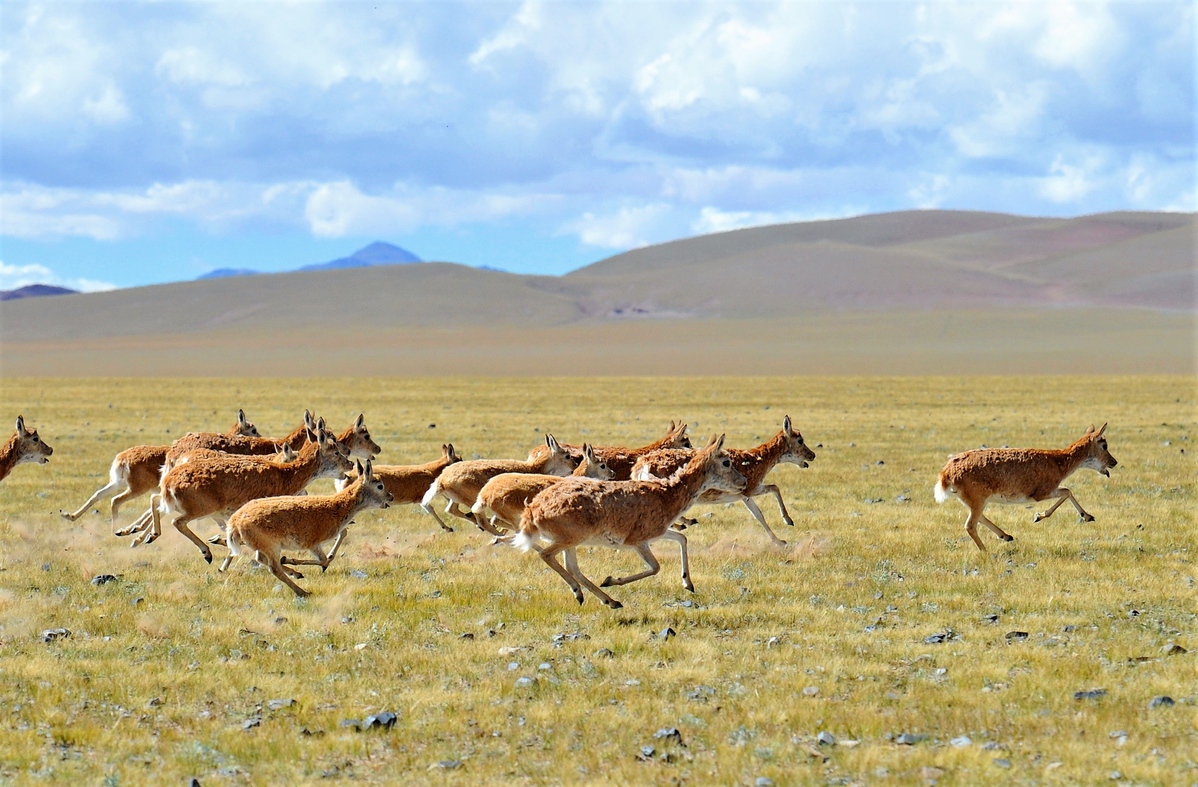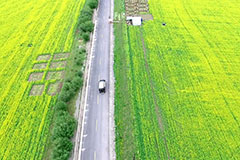Plants at mid-elevations more likely to be spiny: study
Chinese researchers have disclosed that the plants at mid-elevations on the Qinghai-Tibet Plateau are more likely to be spiny, according to a recent study paper published in the Journal of Biogeography.
The researchers from the Kunming Institute of Botany of the Chinese Academy of Sciences collected and analyzed data for 10,622 angiosperm species ranging from altitudes of 600 meters to 6,000 meters on the Qinghai-Tibet Plateau.
They also quantified the association between spinescent plants and mammalian herbivore richness, because spinescent plants are thought to be especially effective at defending against mammalian herbivores.
The result showed the highest proportion of spinescent species occurred at mid-elevations where the highest herbivorous mammal richness existed.
The positive relation suggested that more herbivorous mammals might favor spinescent plants at mid-elevations.
The findings are expected to support the analysis of the potential causes of elevation gradients in plant diversity, said the paper.
Tibet Stories

70 Years on: Pema Tserings' journey of pursuing study
Even though it’s been 64 years, retired Xizang MinzuUniversity professor Chen Qinfu still r...







